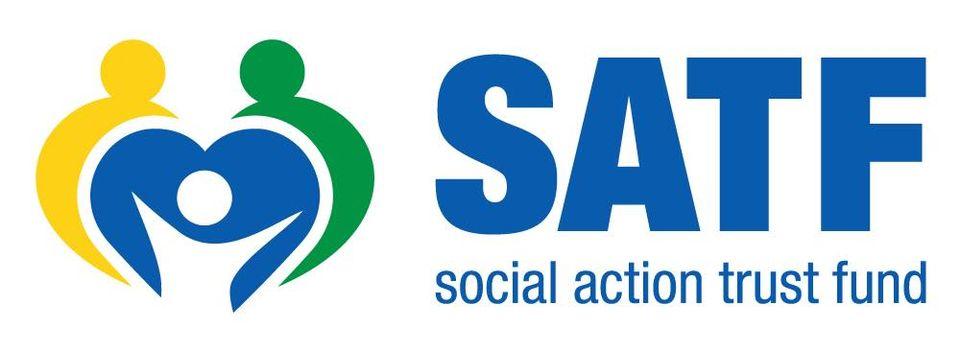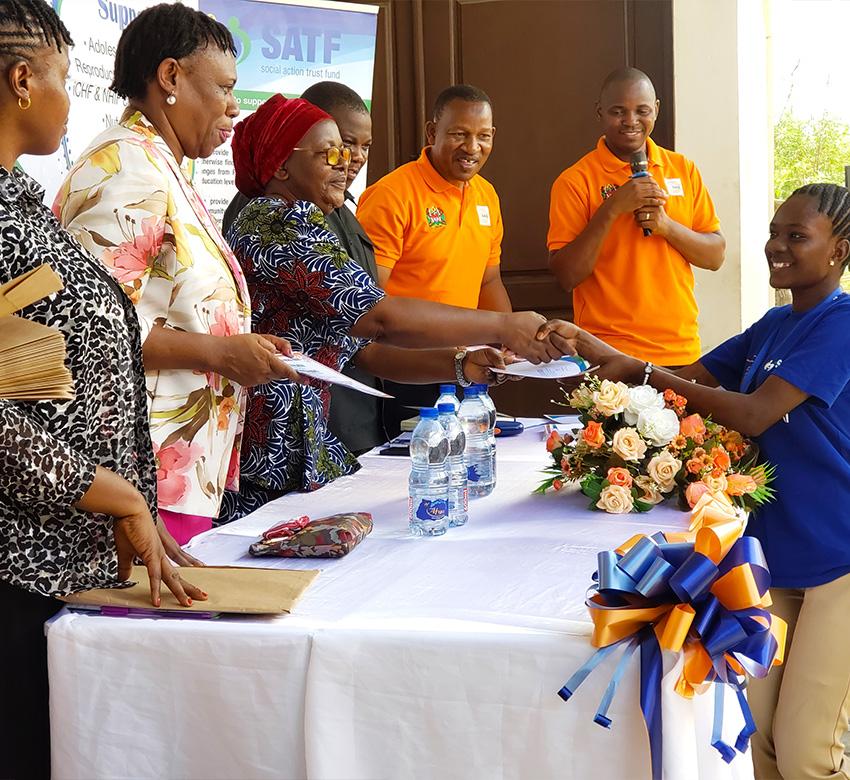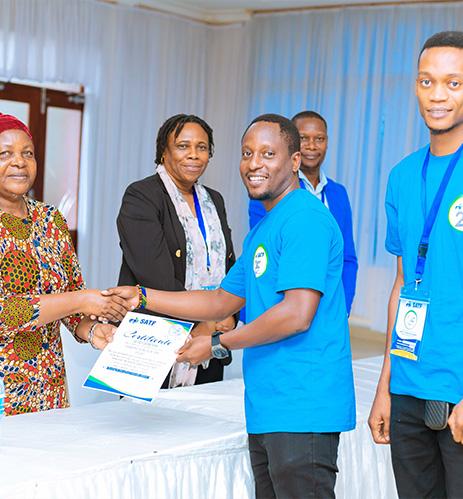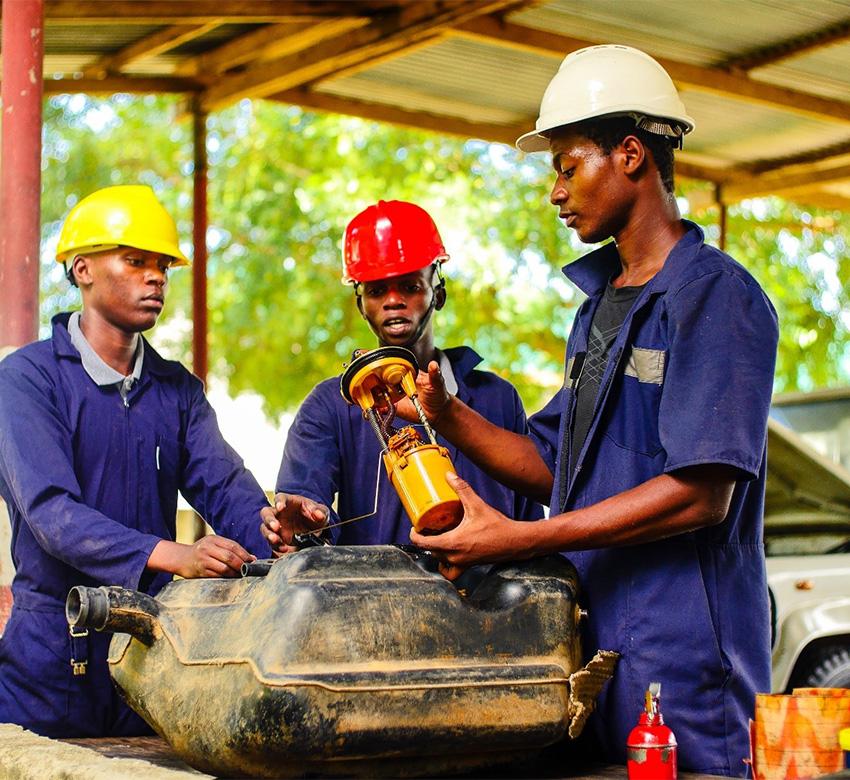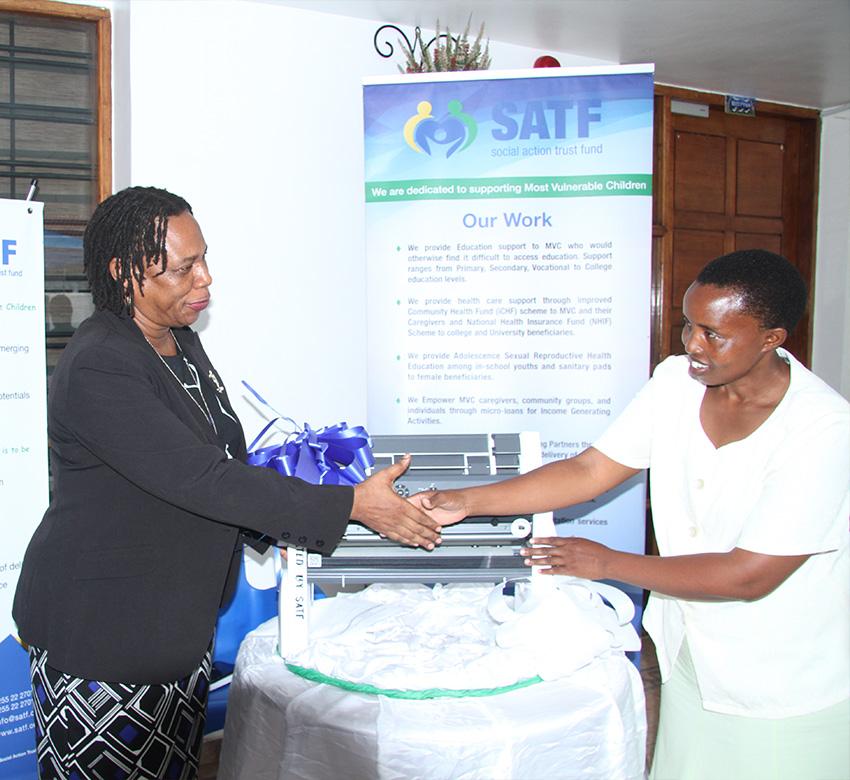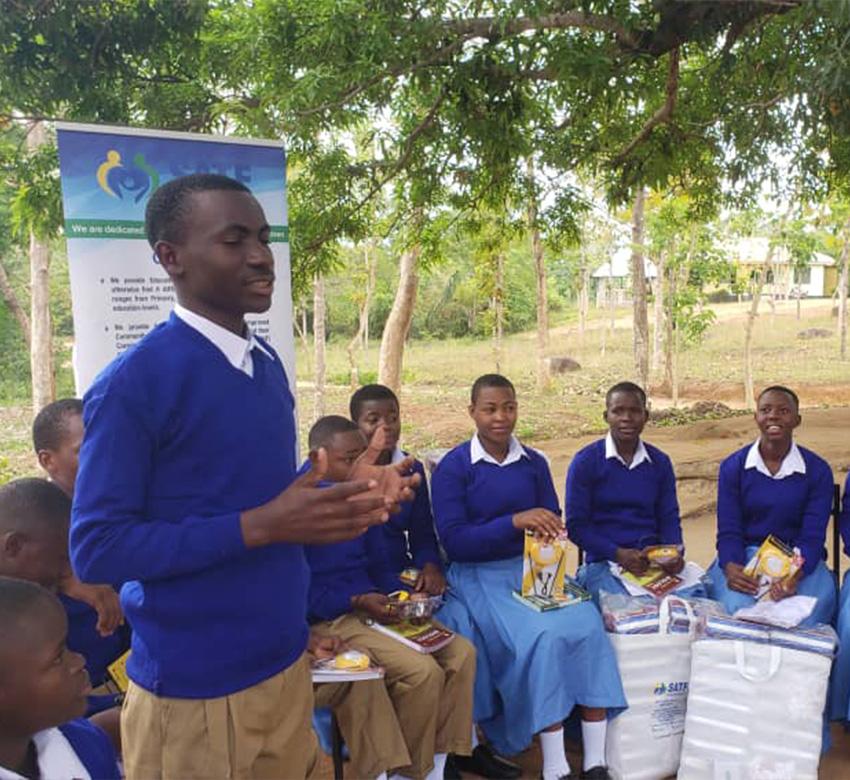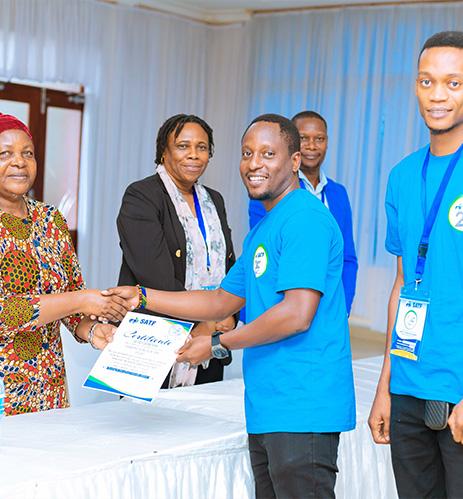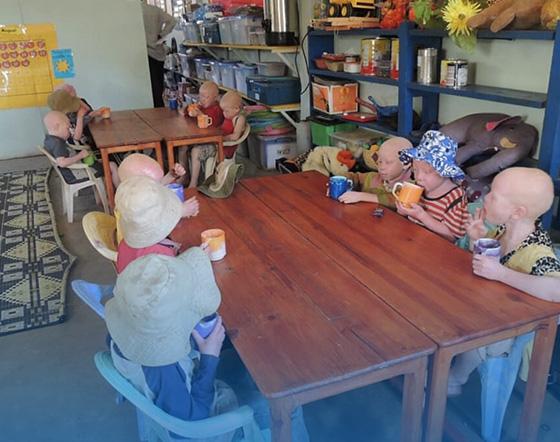

“Child's health is a prerequisite for school retention and performance”
The organization provides health support for all students under its education program. Health interventions include Improved Community Health Fund Insurance scheme, National Insurance Health Fund, Sexual and Reproduction Initiative, nutrition, provision of sanitary pads, and psychosocial support.
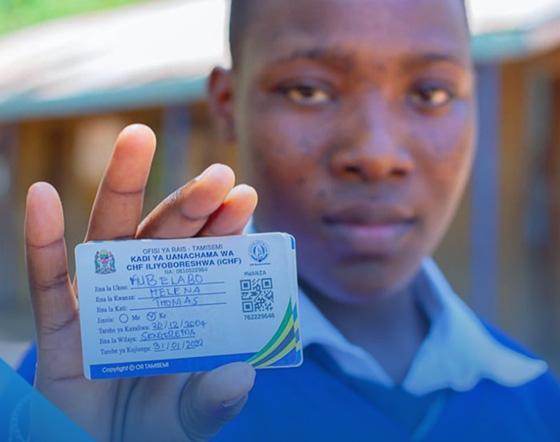

“This support helps vulnerable groups access primary health care via the Improved Community Health Fund.”
The initiative grants vulnerable groups access to primary health care via the Improved Community Health Fund (ICHF). Most Vulnerable Children (MVCs) are supported, with university students covered by NHIF or institutional arrangements.
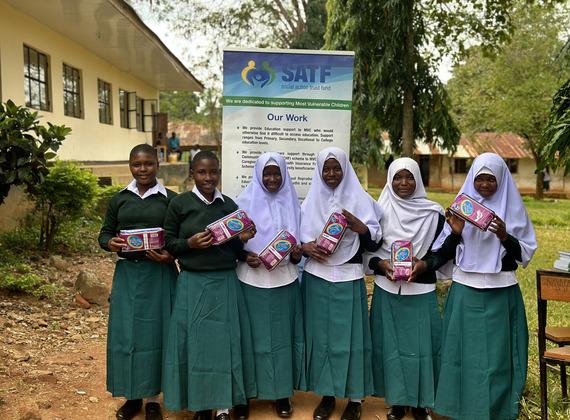

Trained peer educators deliver ASRH and HIV messages through health talks
Trained peer educators and teachers reached 3,231 students with crucial ASRH and HIV messages through health talks and debates, surpassing the 2,100 target. With 80 student peer educators and 80 school health clubs established, students freely discussed sexual health challenges.
